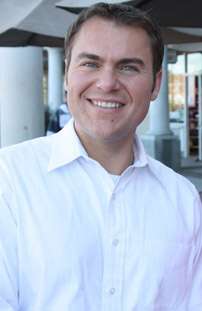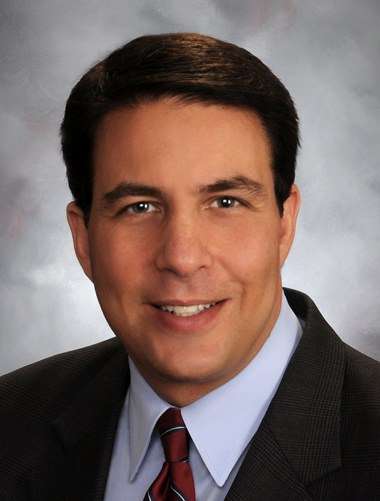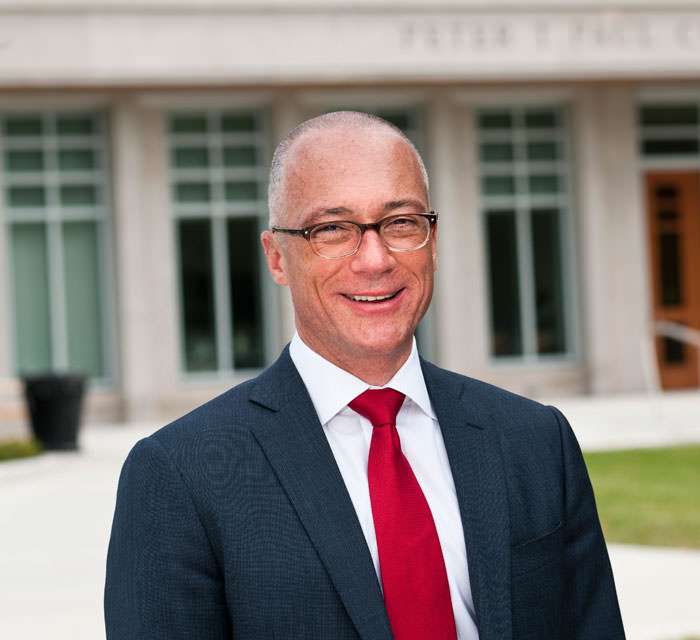The Pink Elephant in the Room: Eyes on Gay Republican Candidates
Is the political viability of gay GOP candidates another sign of libertarian influence on the party?

The existence of gay Republicans is hardly a new phenomenon. The Log Cabin Republicans, an organization for gay men and women within the party, was founded back in 1977 in California. But every so often, the existence of gay conservatives gets media attention, particularly during election cycles.

In more recent years, gay conservatives have been getting more attention as the Republican Party struggles with its identity. American opinion has shifted significantly to support top issues among gays and lesbians, particularly in support of marriage recognition. Support for gay marriage among evangelical Christians has doubled over the past decade, according to one poll. The Republican Party has declared the primacy of heterosexual marriage even in its most recent presidential platform, but it's hard to visualize how the Republican Party will be able to sustain any position that can remotely be called anti-gay moving forward. This ambiguity about what the Republican Party might look like five years from now is not just about the relationship between the party and religious conservatives. The party is fractured with debate between Tea Party activists and the establishment, between defense hawks and non-interventionists, between the business interests who have fixed the game to financially benefit themselves and those who want it to stop, and in other major policy issues as well.
So in this context, it makes sense that the three gay Republicans running for Congress are drawing significant media attention across the country. The three are Carl DeMaio, challenging Democrat Scott Peters to represent California's 52nd District in San Diego; Richard Tisei, challenging Democrat John Tierney again to represent Massachusetts' 6th District; and Dan Innis, challenging Democrat Carol Shea-Porter to represent New Hampshire's 1st District. (Full disclosure: DeMaio is an independent contractor for the Reason Foundation research division's pension reform project.)

The three candidates have been getting attention from The Hill, Al Jazeera, the Associated Press, and The New York Times, among other news outlets. If any of them win in the fall, they'll be the first openly gay Republican elected to Congress. Retired Republican Rep. Jim Kolbe of Arizona came out of the closet as gay while he was serving office, not prior to his election.
Whether DeMaio, Tisei, and Innis are embraced by Republican voters could send a stronger signal to the party that it's time to kick its anti-gay planks out of the party platform. DeMaio came in second in California's top-two primary system earlier this year and will face Peters in November. Tisei and Innis both have primaries in September. Tisei would have actually been the first openly gay Republican congressman elected in 2012, but he just barely lost to Tierney. His race was one of the few where a Libertarian Party candidate may have affected the outcome.

Although none of the three have made gay issues part of their campaign, they're not hiding their sexual orientations. All three make mention of or have been photographed with their partners or mention their relationships in their campaign biographies.
Innis says the media appears to be more interested in his sexual orientation and opinions on gay marriage than the voters he's encountered.
"Here in New Hampshire not that many people pay attention to it," he says. "I've been asked about it maybe two or three times. Here, it's settled law." Same-sex marriage recognition came to New Hampshire in 2010. "We have our 'live free or die' mentality. … I think the party has come to a place where it's much more accepting of us now and with us running for office."
DeMaio hopes that eventually the sexual orientation will become a non-issue for the party and that candidates will be judged on their positions and effectiveness.
"On election night, I said this should send a national message that the Republican Party should return to its traditional roots: Freedom in all aspects, lower taxes and regulation," he said. "If you're willing to trust people to spend their own money, are you willing to trust people to live their lives?"
DeMaio, Innis, and Tisei all have components of their platforms that may be of interest to libertarians. DeMaio has been fighting for public sector employee pension reform and pushing for privatization and government program efficiency. Innis has a section on his campaign site devoted to privacy issues, calling for more restraints on the National Security Agency and ending "backdoor" surveillance, making him a potential ally of libertarian Republicans like Justin Amash of Michigan. Tisei was not available for an interview, but Garrett Quinn singled Tisei out in Reason magazine's November 2012 issue as a "libertarianish" candidate for opposing tax increases, supporting medical marijuana, and opposing parts of the PATRIOT Act.
Do Innis and DeMaio see the Republican Party moving in a more libertarian direction? Innis thinks it could be: "Let me put it this way—I'm a candidate that supports small government, low taxes, low regulation, and keeping the government out of my daily life. I think here in New Hampshire the Republican Party is turning in that direction."
DeMaio is more direct: "I think American people have grown libertarian. And the party has been flirting with it, and it's time the flirtation blossomed into a full romance."
